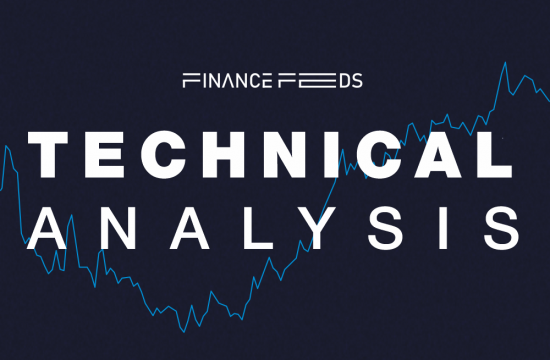The Governor of Bangko Sentral ng Pilipinas, the central bank of the Philippines, Benjamin Diokno has announced that it would no longer allow any further requests for digital banks as it would like to observe the operations of the existing ones before taking a call on what to do next in this industry.
There has been a great proliferation of digital banks in many parts of the world and this region as well as more investors and startup owners realize that this is the way forward for the banking industry as users want to shift to a digital-only model after the pandemic and they no longer wish to visit bank branches to perform various kinds of transactions.
“We need to ensure that the business environment continues to allow healthy competition among banks enabling them to offer innovative and competitive financial products and services to their clients,” the Governor said.
The bank has already approved the registrations of five digital banks and it has also announced that it will review those whose applications have been received till the end of August. The existing digital banks would begin their operations soon and the central bank proposes to study their operations, the features of the platform, and how they handle the users to make sure that they achieve what they set out for and they attain the purpose for which they were granted the license in the first place which is to create a level playing field and make banking more democratic by reaching out to the unbanked.
“As these tech-savvy, customer-centric players introduce innovations in the banking sector, we are confident that the BSP is on track to achieving its digitalization and financial inclusion goals,” said Diokno.
On the face of it, this does seem to be a good move as the digital banking space is getting crowded and this could lead to a situation where users are flooded with offers from different banks, some of which may not even be valid and this would only lead to issues in the long run. Rather than trying to regulate these schemes and offers at a later point of time when the industry is mature, it may be a good idea to start regulating the flow of banks and lay down some benchmarks right at the beginning so that the digital banks know what they are dealing with.












